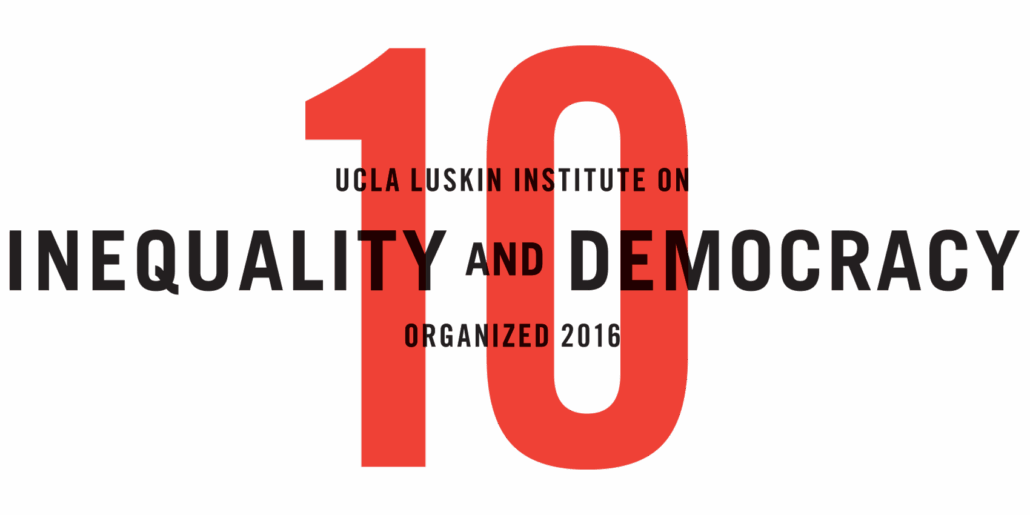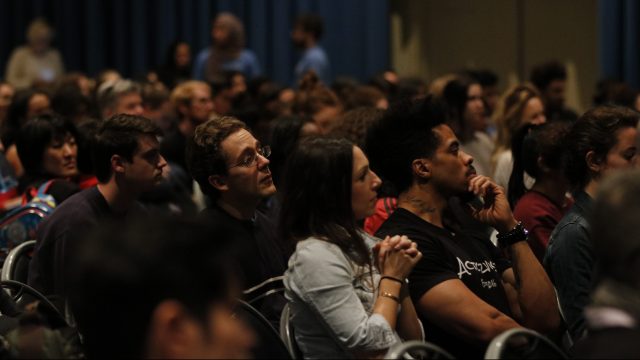Resisting the Trumpism of Local Policies
By Riley O’Brien, UCLA Luskin graduate student
After Donald Trump’s election, the shock of his victory quickly gave way to uncertainty about the best way for progressives to respond. Some thinkers claimed that Hillary Clinton lost the election by emphasizing the needs of women, people of color, and LGBT people, and that the best way forward is to abandon so-called “identity politics”. Others, however, argued that the Democratic Party failed by ignoring the needs of the working class for decades, and that progressives should push the Democratic Party further to the left, or abandon it entirely. How, then, should progressives respond to Trumpism?
The answer is not to reject “identity politics.” The history of the United States is a history of racism and colonialism, from its origins as a European takeover of indigenous land through its growth on the backs of kidnapped and enslaved Africans. It is a history that continues today, from the construction of the Dakota Access Pipeline on Sioux land to the privatization of the mass incarceration of African Americans and other people of color. Focusing on our identities makes us more aware of this history, and more understanding of how it affects the lived experience of people of color today. Expanding this understanding is the bare minimum requirement for a transition to a more just society.
We must emphasize that the same profiteering that underlies the Dakota Access Pipeline and the privatization of prisons also underlies the decline of the Rust Belt and the poverty of rural America. If we emphasize class identity when discussing these issues, we have a better chance of building solidarity between working class whites and people of color while broadening support for redistributive policies. We must acknowledge that criticism of the Democratic Party as elitist is largely justified, and that their failure to improve the material well-being of the working class helped lead to Trump’s election. In our increasingly divided time, criticisms of the racism and classism of the Democratic Party may be our only way of engaging Trump voters on these issues.
To challenge Trumpism, some people will focus on building a coalition that can actually defeat him in 2020, while others will focus on strengthening the Democratic Party in counties and states where it has been virtually sidelined as a major force. Yet progressives in cities and states that overwhelmingly vote Democratic have a responsibility to challenge the Trumpism of Democrats. Consider Los Angeles mayor Eric Garcetti, who is rumored to run for governor as a Democrat in 2018. Garcetti has refused to identify LA as a sanctuary city, instead calling for “greater transparency” in immigration enforcement. Furthermore, he has overseen a ban on sleeping in cars throughout the city, while supporting a $646 million per year policing contract for LA’s transit agency amid community protests.
As concerned as conservatives may be about “law and order,” there are Republicans, independents, and non-voters who will recognize these policies as unjust, and we can use criticism of Democrats to help them recognize broader patterns of oppression. It may be true that a generic Democrat is more likely to defeat Trump in 2020 than a left-leaning one, but we still have the time and energy to build a movement for systemic change. We can start by confronting Trumpism in our elected officials, our community leaders, and ourselves.




